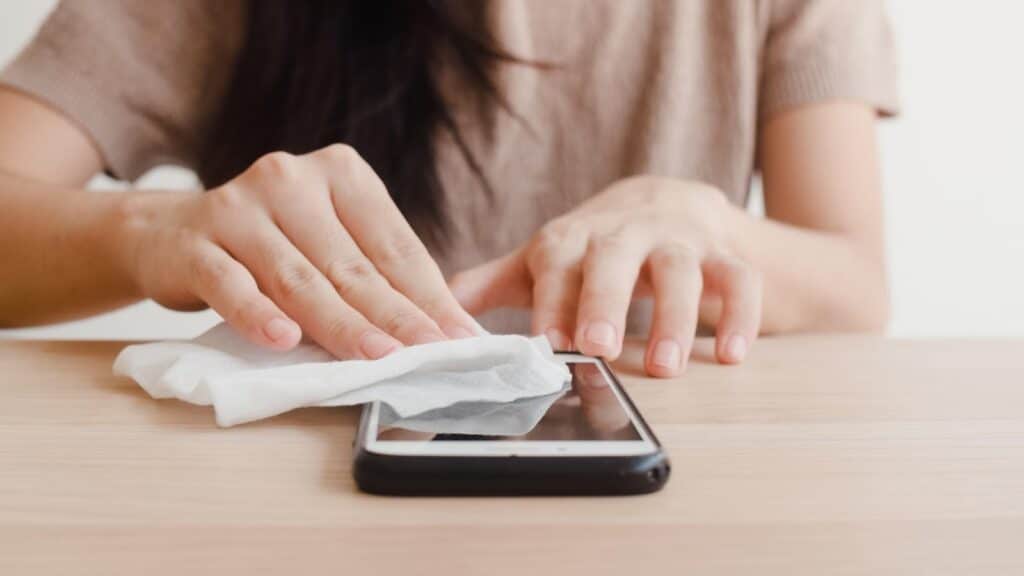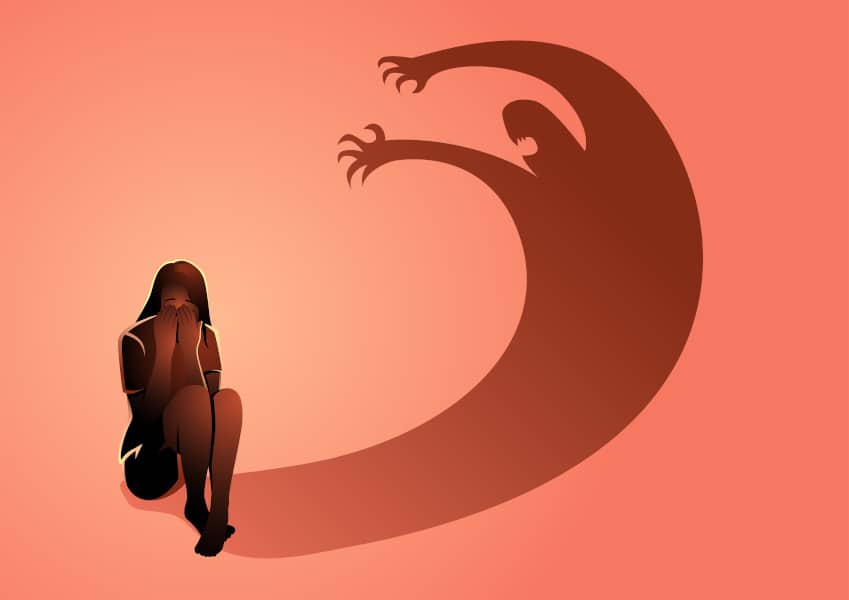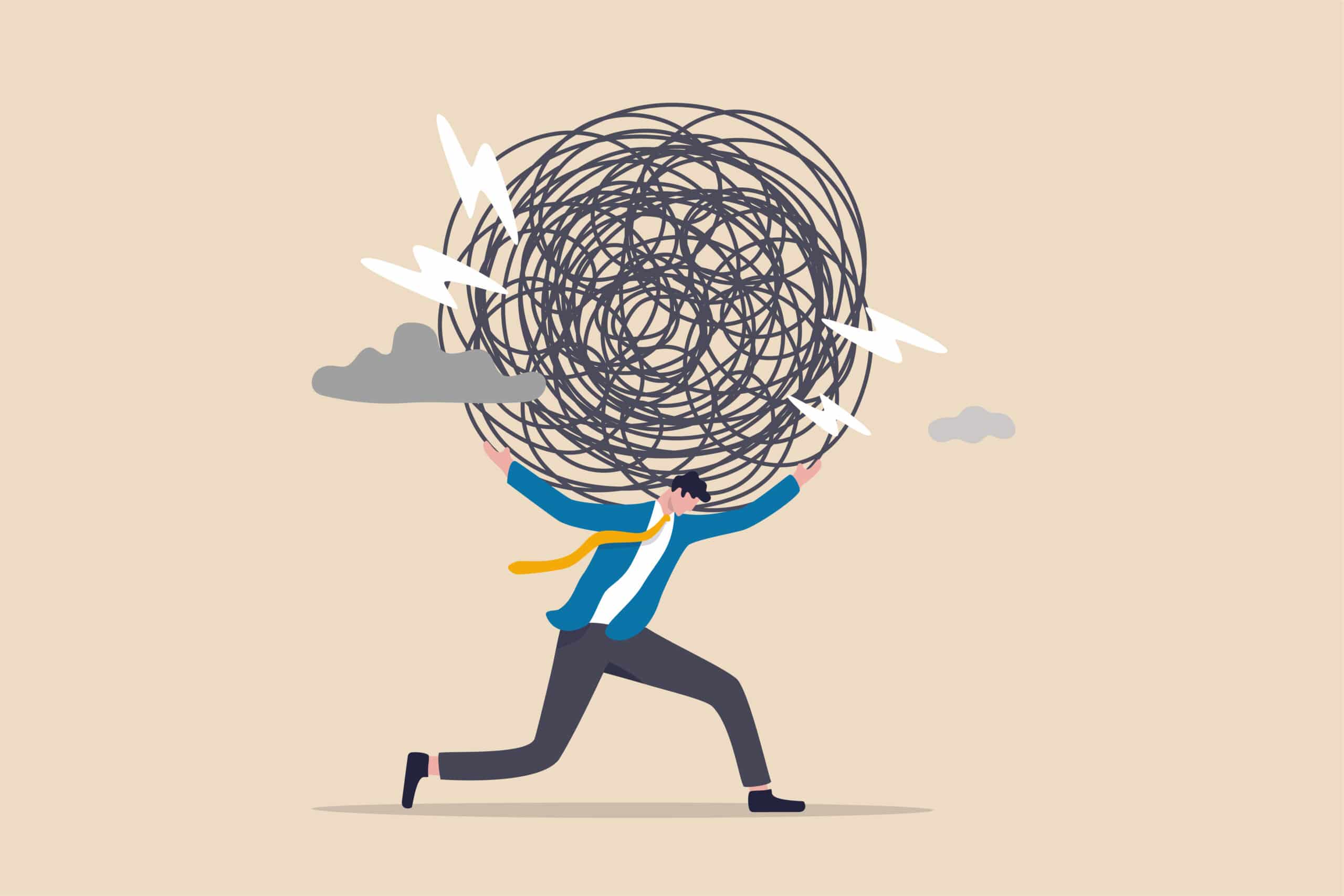Covid-19 and OCD
The coronavirus has brought about lifestyle changes for all of us during 2020. For those with obsessive-compulsive disorder (OCD), the societal impacts of the virus can be quite intense. People who suffer from OCD are already predisposed to compulsive behavior, fear of contamination, anxiety, worry, doubt, and fear.
And if you throw in the uncertainty of COVID-19, fear of germs, and the state of world affairs on top of that, it may be very difficult to cope for someone with OCD. Mental health is suffering around the nation due to statewide restrictions and potentially significant changes in routine.
About OCD
There are different types of OCD, and every person could have different symptoms, but oftentimes people with OCD worry about contamination. And the current advice of medical professionals to frequently wash hands, use hand sanitizer, and disinfect commonly used areas could become overwhelming. People with OCD may be especially fearful of catching the disease and go to extreme measures to clean themselves, their family members, or their environment.
Another OCD concern is obsession. So even if people with OCD aren’t very fearful of the virus they may feel the need to obsessively clean or disinfect. Perfectionism is another OCD trait, which may show up as cleaning multiple times to pursue an unattainable, perfectly clean, reality.
And lastly, many people with OCD might become preoccupied with the thought of accidentally harming others. Many people with OCD struggled with that pre-COVID and now the stress could be intensified. Individuals with OCD might get very concerned about the real possibility that they could infect someone else with the virus and potentially hurt or even kill them. This concern could lead to extreme behavior intended to avoid hurting others.
OCD During a Pandemic
As you can imagine, some of the advice coming from health professionals is weighing heavily on these individuals. There are some triggers resulting from the CDC and public health professionals. Some triggers might include, but are not limited to:
- Having to wash hands more frequently
- Particular hand-washing techniques
- The need to frequently wash hands and bathe after leaving the house
- Change in appetite
- Fatigue
- Hallucinations
- Feelings of hopelessness
- Suicidal thoughts
- Increased substance use
The overall impact of the situation and intensity of COVID-19 regulations can be stressful, and stress can cause OCD symptoms to worsen.
How to Cope
The best way to cope with COVID is to come up with a plan. Here are a couple of things you can do to help mitigate the effects of COVID and the stress that comes with it:
Limit social media and TV intake.
There is no reason to watch COVID news daily. Huge advances in science or changes in government policies don’t happen overnight.
Limit your television and phone news consumption to five or ten minutes a day, that should be enough to collect all the information you need to stay informed.
Only wash a reasonable amount.
You only need to wash your hands for 20 seconds with soap and water, so there is no need to go above and beyond. Also, you only need to wash your hands when you use the bathroom, after being in a public restroom or place, or after coughing, blowing your nose, or sneezing. Try and refrain from washing your hands when you are sedentary at home, as it is not necessary, and will not give you any more protection from the virus. In fact, excessive washing can backfire by destroying naturally occurring bacteria on your hands which are a defense against infections.
Follow CDC guidelines.
These guidelines are in place to protect everyone. Practice social distancing, wear a mask, and keep hand sanitizer handy when you are on the go.
Practice self-care.
It’s important to take care of your mind and body during this time. Reach for nutritious food, and try to stick to a physical exercise routine, even if it’s only going for a short walk every day.
This is a good time to try out some new virtual classes or fitness apps; try something new that looks fun. If you enjoy it, you’ll stick with it. Be kind to yourself, this is a difficult situation for everyone, you’re not alone.
Find an accountability partner.
Ask someone you trust to help you stay on track with your fitness goals and the management of your OCD tendencies. Sometimes just having someone aware of your goals can help you cope better. Use FaceTime or Skype to connect with family; keeping a support system is also important.
When to Seek Help
When obsessive-compulsive disorder starts to take over everyday life, it’s time to get help. Living with OCD can be debilitating, but the good news is that individuals can learn to manage their OCD.
With the help of medical professionals, individuals can create an OCD treatment plan using cognitive-behavioral therapy (CBT). Together with a therapist, an individual can work to identify and solve problems and come up with personally tailored solutions.
If you suspect you or someone you know is suffering from OCD, don’t hesitate to reach out for a consultation. Our expert staff have extensive experience and are on standby, ready to help. Call us at 954-953-1742 or fill out our contact form.
Dr. Dovid Kirzner at Lifeskills South Florida presents Understanding OCD and Anxiety. Dr. Kirzner offers insight on tips that can help to understand OCD and Anxiety during the Coronavirus.




